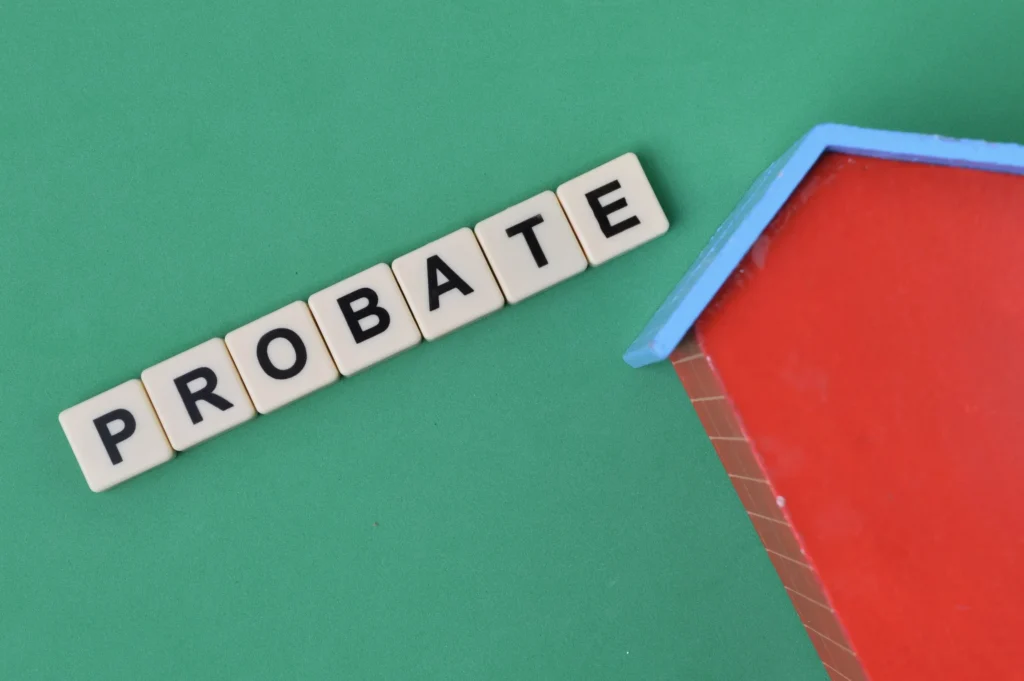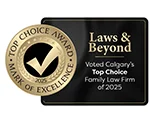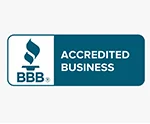Guide to Probate & Grant of Administration Steps in Alberta: III
September 22, 2023
Wills

Understanding the Role of the Courts and Probate Fees
When it comes to the administration of an estate and the probate process, it is important to understand the role of the courts and the associated probate fees. The courts play a crucial role in overseeing the probate process and ensuring that it is carried out in accordance with the law. Furthermore, probate fees are an unavoidable aspect of the probate process, and understanding them is essential for the estate representative.
Here are the key points to consider when understanding the role of the courts and probate fees:
1. Jurisdiction: The probate process falls under the jurisdiction of the courts. This means that the court has the authority to oversee and approve certain aspects of the probate process, such as the appointment of an estate representative and the distribution of assets.
2. Appointment of an Estate Representative: In order to initiate the probate process, an estate representative must be appointed. This appointment is typically done through the courts, and the court will review the qualifications and suitability of the individual or individuals being considered for the role.
3. Court Supervision: Throughout the probate process, the court may require the estate representative to provide regular updates and reports. This supervision ensures that the estate administration is being conducted in accordance with the law and that the interests of the beneficiaries are being protected.
4. Probate Fees: Probate fees are administrative fees that are imposed by the court for the processing of the probate application and the administration of the estate. These fees are typically calculated based on the value of the estate and can vary depending on the jurisdiction. It is important for the estate representative to understand the probate fee schedule and ensure that they are budgeted for accordingly.
5. Payment of Probate Fees: In order to proceed with the probate process, the estate representative is responsible for paying the required probate fees. These fees are typically paid out of the assets of the estate, and the estate representative may need to provide proof of payment to the court as part of the probate application.
6. Exceptions and Waivers: In certain cases, there may be exemptions or waivers available for probate fees. These exemptions are typically granted for estates of low value or for specific types of assets. It is important for the estate representative to consult with legal professionals or the court to determine if any exemptions or waivers apply to their specific situation.
Understanding the role of the courts and probate fees is crucial for the estate representative. By having a clear understanding of the court’s involvement in the probate process and the associated fees, the estate representative can navigate the process with confidence and ensure that the administration of the estate proceeds smoothly and in accordance with the law.
Common Misconceptions About Probate and Grant of Administration
There are many misconceptions surrounding the probate and grant of administration process. It is important to clarify these misconceptions in order to have a better understanding of what to expect during this process. Here are some common misconceptions about probate and grant of administration:
1. Probate is always required: One of the biggest misconceptions is that probate is always required when someone passes away. The truth is that probate is necessary in certain situations, such as when the deceased owned assets solely in their name. However, if the deceased held assets in joint tenancy or had designated beneficiaries, probate may not be necessary.
2. Probate is a lengthy and complicated process: While it is true that probate can take some time to complete, it is not always a lengthy and complicated process. The complexity and duration of probate can vary depending on the size and complexity of the estate, as well as the efficiency of the estate representative and the cooperation of all parties involved.
3. The estate will be left with nothing after probate fees: Another misconception is that the estate will be left with nothing after probate fees are paid. While probate fees can be substantial, they are typically calculated based on a percentage of the estate’s value and can vary depending on the jurisdiction. It is important to carefully plan and budget for these fees in order to ensure that the estate is properly administered.
4. Grant of administration is only for intestate estates: Grant of administration is often associated with intestate estates, which are estates where the deceased did not leave a valid will. However, grant of administration can also be necessary in situations where the deceased left a will but did not appoint an executor, or when the appointed executor is unable or unwilling to act.
5. Grant of administration is only required for large estates: Another misconception is that grant of administration is only required for large estates. In reality, the need for grant of administration is not solely determined by the size of the estate. It is determined by the type of assets held by the deceased and whether probate is necessary to transfer ownership of these assets.
6. Grant of administration can be avoided by transferring assets before death: Some individuals believe that grant of administration can be avoided by transferring assets to beneficiaries before death. While it is possible to transfer assets before death in order to avoid probate, it is important to do so legally and in accordance with the applicable laws. Improper transfers can be deemed fraudulent and may result in legal consequences.
By understanding these common misconceptions about probate and grant of administration, individuals can approach the process with a clearer perspective. It is important to seek professional advice and guidance to ensure that the probate and grant of administration process is carried out effectively and in accordance with the law.
Final Thoughts and Conclusion: Simplifying the Probate Process
Navigating the probate process can be overwhelming, especially during a time of grief and loss. However, it is essential to understand the steps involved in order to ensure the proper administration of the deceased’s estate. By debunking common misconceptions and seeking professional guidance, the probate process can be streamlined and simplified.
First and foremost, it is crucial to recognize that probate is not always required. This is a common misconception that often causes unnecessary stress and confusion. Probate is necessary in situations where the deceased owned assets solely in their name. However, if the deceased held assets in joint tenancy or had designated beneficiaries, probate may not be necessary. Understanding the specific circumstances surrounding the estate is key to determining whether probate is required.
Another misconception is that probate is always a lengthy and complicated process. While it is true that probate can take time to complete, the complexity and duration can vary depending on the size and complexity of the estate, as well as the efficiency of the estate representative and the cooperation of all parties involved. Seeking the guidance of a knowledgeable estate lawyer can help navigate the process and ensure that it is carried out as efficiently as possible.
It is also important to address the misconception that the estate will be left with nothing after probate fees are paid. While probate fees can be significant, they are typically calculated based on a percentage of the estate’s value and can vary depending on the jurisdiction. By carefully planning and budgeting for these fees, it is possible to ensure that the estate is properly administered without depleting its assets. Seeking the advice of a financial advisor or estate planner can help in this regard.
Additionally, it is crucial to recognize that grant of administration is not only for intestate estates. While grant of administration is often associated with estates where the deceased did not leave a valid will, it can also be necessary in situations where the deceased left a will but did not appoint an executor or when the appointed executor is unable or unwilling to act. Understanding the specific circumstances surrounding the estate is crucial to determining whether grant of administration is necessary.
Lastly, it is important to note that the need for grant of administration is not solely determined by the size of the estate. This is a common misconception that often leads to confusion. The need for grant of administration is determined by the type of assets held by the deceased and whether probate is necessary to transfer ownership of these assets. Seeking the guidance of a qualified estate lawyer can help determine whether grant of administration is required.
In conclusion, by understanding and debunking common misconceptions about the probate and grant administration process, individuals can approach this often complex and daunting process with a clearer perspective. Seeking professional advice and guidance is essential to ensure that the process is carried out effectively and in accordance with the law. With the right support, the probate process can be simplified, allowing for the proper administration of the deceased’s estate.
If you have been appointed Executor of an Estate, and you are looking for guidance on the probate process, it’s important to work with a lawyer that understands both the Admin & Probate process as well as Estate Law. Contact us for a consultation to discuss your matter so we can provide you with the support you need. If you have any queries related to probate law, contact us at 403-300-5297 or email us at info@lawsnbeyond.com.













